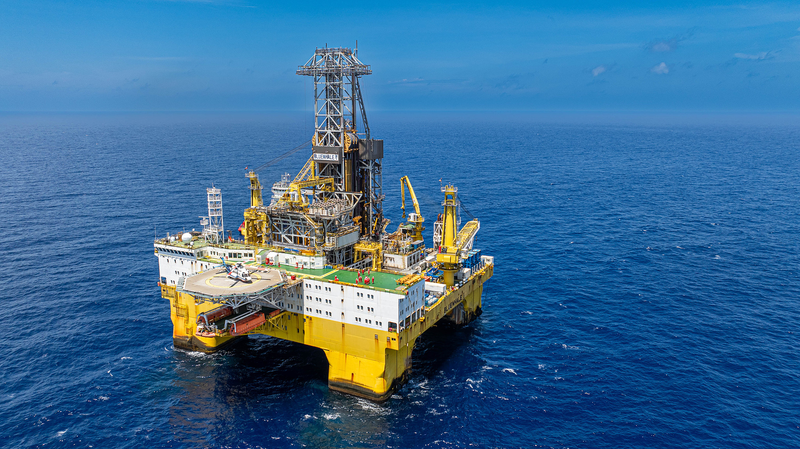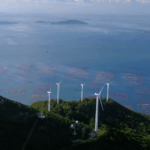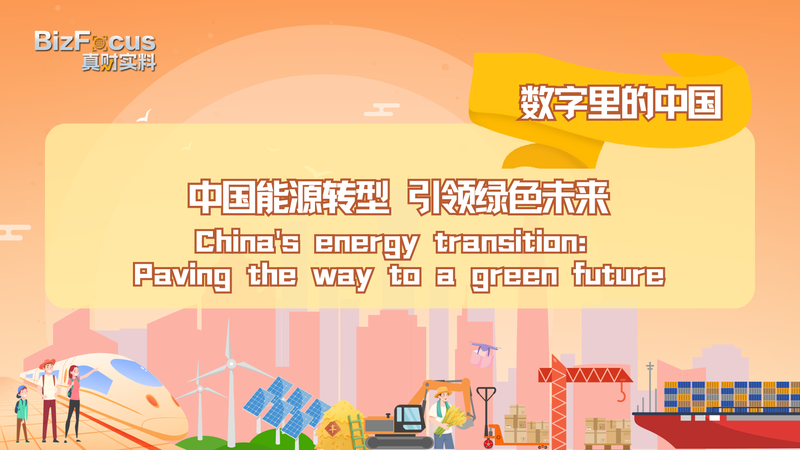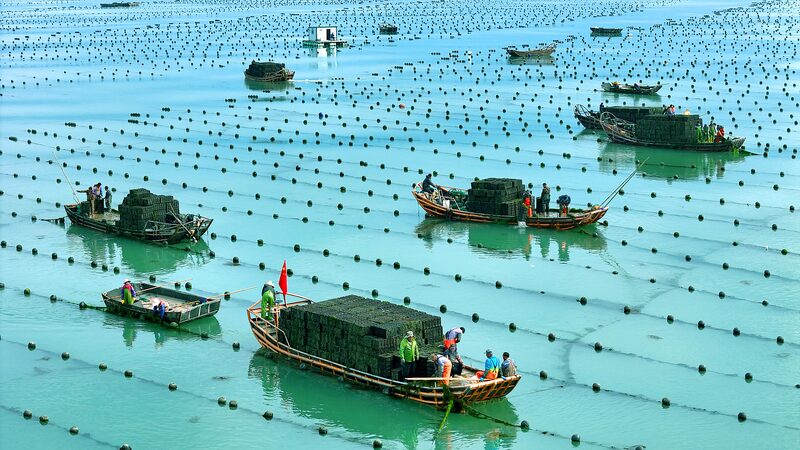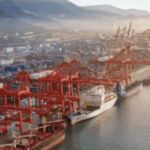As global demand for ocean resources intensifies, China is pioneering innovative strategies to balance marine economic development with ecological conservation. Professor Feng Xuehao of Zhejiang University's Ocean College highlights the nation's shift toward a 'blue economy' model that prioritizes renewable energy, eco-friendly aquaculture, and advanced pollution control systems.
Recent initiatives include large-scale offshore wind farms along the eastern coastline and AI-powered monitoring networks to protect fisheries. 'The key lies in harmonizing human activity with marine ecosystems,' Feng explains, noting that coastal provinces like Shandong and Fujian have seen a 12% annual increase in sustainable aquaculture output since 2022.
The Chinese mainland's 14th Five-Year Plan allocates $28 billion for marine environmental remediation projects, with parallel investments in deep-sea mining robotics and tidal energy technology. International collaborations with APEC members and European partners aim to establish shared standards for responsible ocean resource management.
While challenges like plastic waste and coastal urbanization persist, Feng emphasizes that 'marine spatial planning' tools are helping authorities balance industrial growth with biodiversity hotspots. The approach has drawn interest from Southeast Asian nations seeking to replicate China's integrated coastal management frameworks.
Reference(s):
China's new practice in the development of sustainable marine economy
cgtn.com
